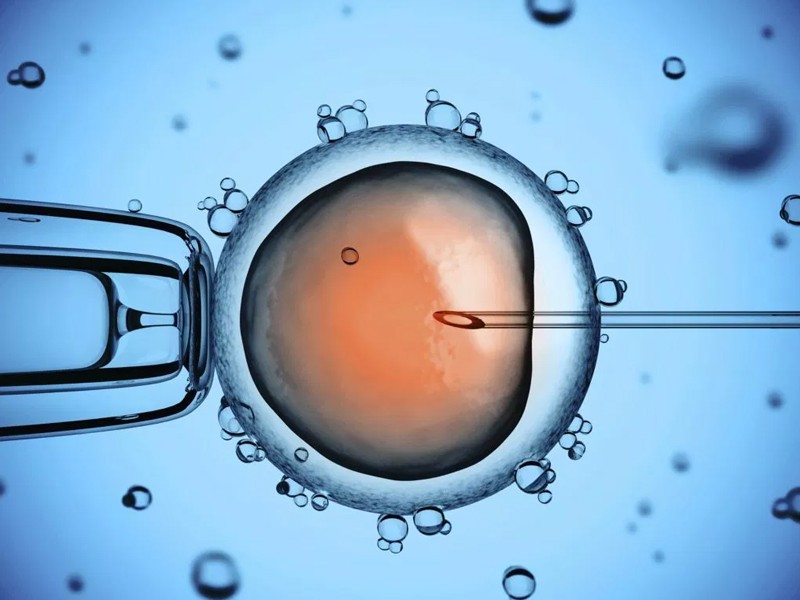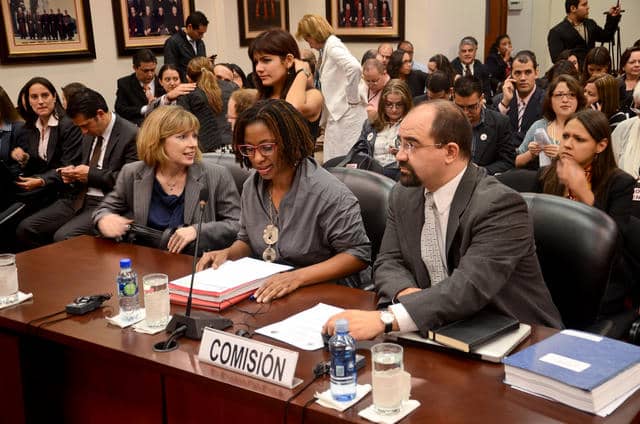Risks and side effects of egg donation

Oocyte donation hasn’t long been a science fiction and today this method is actively used by fertility specialists around the world. Moreover, the donor eggs are the only real chance for women who cannot have children to become pregnant due to poor egg quality or its lack. Also for a woman who has decided to donate her cells to a childless couple, this is not only a noble cause, but also an opportunity to get a decent pay.
The egg donor can be a young, healthy woman with a lovely appearance who has her own child and a healthy lifestyle. Before becoming a donor, a woman undergoes a thorough examination to check for infectious diseases, genetic, neurological or psychological disorders.
Young women who are beginning to think seriously about becoming an egg donor often ask the question: is it safe? Is the process of egg donation complicated? What are the possible side effects, risks or consequences of egg donation? Let’s try to answer these and other questions.
In the ovaries of a healthy woman, 1-2 eggs grow and mature every month, which in the absence of fertilization are lost during menstruation. During the reproductive period of life, about 400 egg cells grow and mature. According to this situation, the donor actually gives the opportunity to use some eggs which she doesn’t need. The procedure of egg retrieval is painless and brought by experts to automatism.
When it comes to oocyte donation, the clinic tries to determine all the possible risks before a woman is accepted into the donation program. That is why she is undergoing a serious examination. If the donor is healthy and strictly follows all the recommendations of the doctor, the likelihood of complications is minimal.
Discomfort and side effects with ovarian stimulation
Some donors may experience minor side effects and discomfort during ovarian stimulation. The egg donor must undergo a course of drug therapy, which contributes to the superovulation, for the maturation and releasing several healthy eggs at once from the follicle, the donor woman must undergo a course of drug therapy, which contributes to the emergence of superovulation. It may cause a headache or mild fatigue.
There is also a possibility that a side effect of ovarian stimulation may be… pregnancy. Therefore, the donor should abstain from sexual intercourse for the duration of the program and remember to take drugs for stimulation.
Ovarian hyperstimulation syndrome
A rather rare complication that can develop during the egg donation is the so-called ovarian hyperstimulation syndrome.
During stimulation, the ovaries increase in size. A woman may experience heaviness, lower abdominal discomfort and bloating, headache. Symptoms of OHSS begin within a few days after the introduction of an ovulatory dose of chorionic gonadotropin (HCG) at the stage of completion of ovarian stimulation.
Psychological problems
Psychological problems that can occur during hormone therapy include emotional rollercoasters. This symptom may be rare and passes quickly after drug withdrawal.
Risks and complications during egg retrieval and after the procedure
The donor eggs, which have matured due to controlled ovulation hyperstimulation, are removed from the ovaries for further IVF in the laboratory. This procedure is called a follicle puncture. After manipulation, a woman may feel drowsy, slight pain in the lower abdomen. In addition, some donors may experience moderate bleeding and fever up to 37.5 ° C.
With a competent procedure, which should be performed only by an experienced specialist, there can be no serious consequences, complications, bleeding, infections and other known dangers and risks of egg donation.


